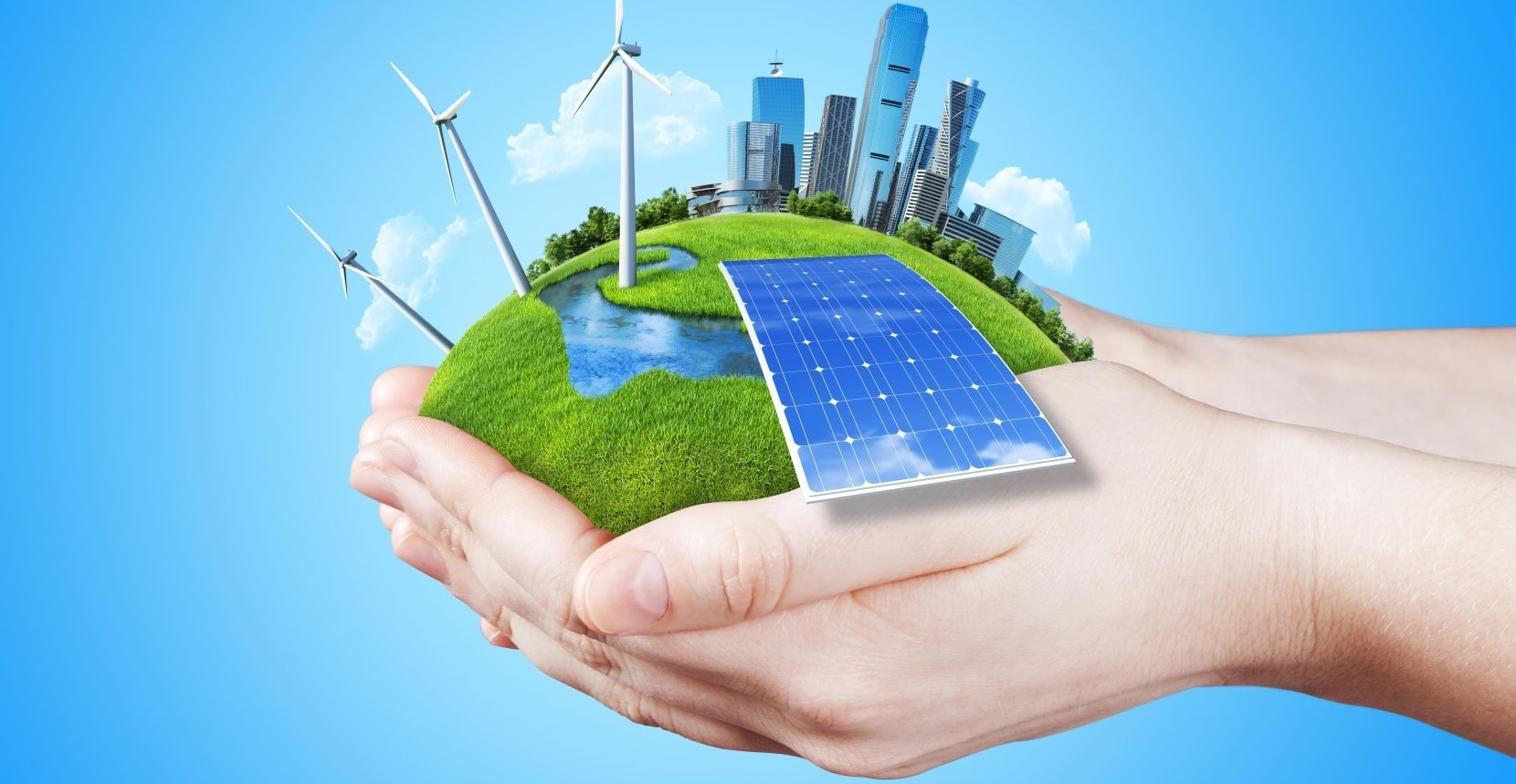
The key benefits of renewable energies
Understand how they improve the environment
 According to World Wind Energy Association, wind power capacity has reached 600 GW worldwide, with over 50 GW being added in 2018 alone. China leads the pack with 200 GW, being followed by the US with 100 GW. So, it's not a surprise that renewable energy sources have gone mainstream. But what are the actual benefits of renewable energy sources? Read on to discover the most important ones.
According to World Wind Energy Association, wind power capacity has reached 600 GW worldwide, with over 50 GW being added in 2018 alone. China leads the pack with 200 GW, being followed by the US with 100 GW. So, it's not a surprise that renewable energy sources have gone mainstream. But what are the actual benefits of renewable energy sources? Read on to discover the most important ones.
For starters, clean energy produces less carbon dioxide, reducing global warming. If you are worried by increased air pollution, heavier precipitation, extreme heat waves, increased global sea levels, destruction of marine ecosystems, severe droughts, frequent flooding, longer wildfire seasons, widespread forest death, destructive hurricanes, changing seasons, melting ice, and so on, you should start using renewable energy sources.
To give you an idea, natural gas releases about 1 pound of carbon dioxide when it is burnt to produce 1 kWh of electricity, coal emits about 2 pounds of CO2/kWh, while wind power is only responsible for about 0.03 pounds of gas per kWh. By making use of green energy, the industry's CO2 emissions can be lowered to about 10%.
Let's not forget that winds and waters and the sun are inexhaustible, constantly replenishing energy sources. While China has 23 GW of installed wind power generators, the US has got an impressive 8 GW, being followed by Germany with 3 GW of wind-based generators. The top 3 countries that produce the most hydroelectric power are China (856 GW), Brazil (400 GW) and Canada (376 GW). And when it comes to solar power, China leads the pack once again with 176 GW of energy, the US takes the second spot with 63 GW and Japan is really close with 56 GW.
It is known that fossil fuel prices change quite often, and this affects us all. By having access to these green, affordable energy sources, governments can guarantee stable energy prices. It's true that the upfront investments can be quite big, but the generators can then be operated at a low cost. Additionally, recent research shows that green energy prices have significantly diminished during the last few years, as the industry has started to mature.
Did you know that air and water pollution affect every creature on the planet? Specialists have discovered that people have respiratory problems, heart attacks, cancer and many other diseases in larger and larger numbers, and they attribute this change to fossil fuel extraction and processing. On the other hand, hydropower, wind and solar energy systems can generate electricity without emitting any toxic substances.
Renewable energy sources require maintenance; this means that as green energy becomes more widespread, more jobs are being created. Not only that, but many of the existing factories will get more business by manufacturing various components for wind turbines, solar panels, etc.
Green energy systems are less likely to fail, because they are distributed over large geographical areas. This means that a severe storm which affects a particular area will not make an entire city lose power. As a conclusion, renewable energy sources are much more reliable.
So, clean energy provides lots of benefits. It wouldn't be fair to close this article without mentioning a few of its drawbacks, though.
As you can imagine, unreliable weather conditions have a serious impact on the amount of energy that's being generated. A hydropower generator can't work well if there's not enough rain, solar panels need sunshine, and so on.
Unlike green energy sources, fossil fuel generators can produce a lot of energy fast, when it is needed. Green energy generators aren't that many yet, but things should change for the better within the next few decades.